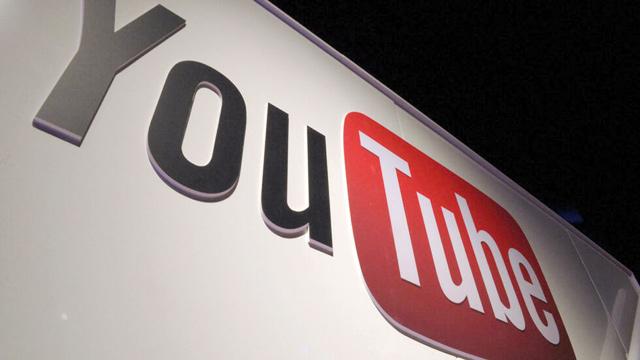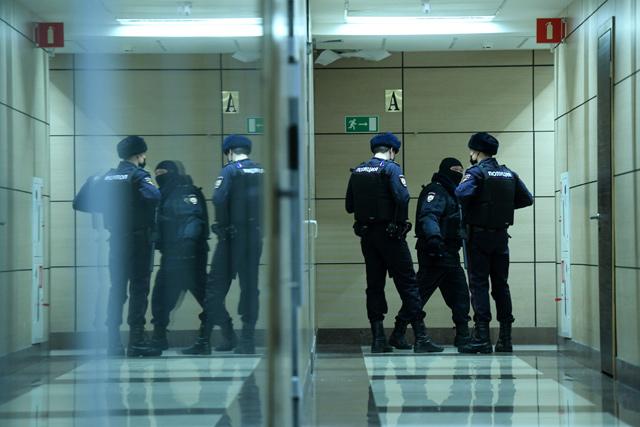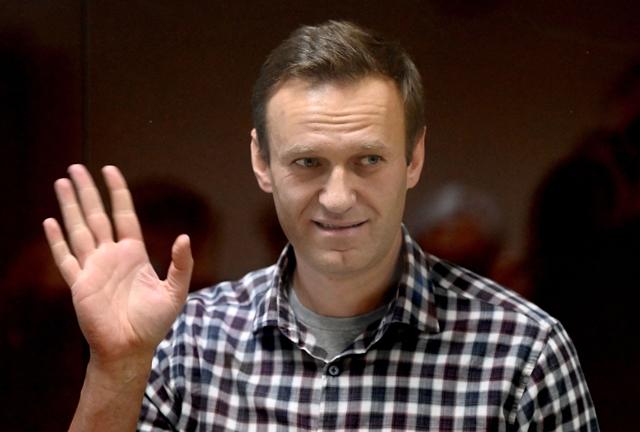You are here
Russia threatens YouTube after suspension of German RT channels
By AFP - Sep 29,2021 - Last updated at Sep 29,2021

Google-owned YouTube closed two RT channels on Tuesday (AFP photo)
MOSCOW — Russia on Wednesday threatened to block YouTube and take other retaliatory measures, after the US video-sharing platform blocked the German-language channels of state broadcaster RT.
Moscow has recently been ramping up pressure on foreign tech giants as it seeks greater control over content available online to its domestic audience.
At the same time, it has launched a series of efforts to broaden its influence abroad, especially with RT — formerly known as Russia Today — which operates broadcasters and websites in multiple languages.
YouTube on Tuesday told German media that it had issued a warning to RT for violating its coronavirus disinformation guidelines and then shuttered two channels for breaching user terms.
On Wednesday, Russia’s foreign ministry accused YouTube of an “unprecedented act of media aggression” which it said was likely aided by German authorities — a claim Berlin denied.
The Russian ministry said the adoption of retaliatory measures against German media “seems not only appropriate but also necessary”.
German Chancellor Angela Merkel’s spokesman, Steffen Seibert, responded by saying the German government had “nothing to do with” YouTube’s move and warned Moscow against potential retaliation against German media in Russia.
YouTube ‘censorship’
Russian media watchdog Roskomnadzor for its part threatened to restrict access to YouTube in Russia, accusing the company of “censorship”.
Roskomnadzor said it had sent a letter to YouTube’s owner Google “demanding that all restrictions be lifted” from the two channels — RT DE and Der Fehlende Part — “as soon as possible”.
The regulator said YouTube could be issued with a warning and “the law provides for measures of full or partial restriction of access” if such warnings are ignored.
Kremlin spokesman Dmitry Peskov later accused YouTube of “censorship” and said Russian laws had been “grossly violated”.
“There must be zero tolerance for such violations,” he said.
“This of course is not the case,” she said in a video on RT’s Russian Telegram channel.
On Tuesday, RT editor-in-chief Margarita Simonyan said on Twitter that Germany had declared a “media war” on Russia.
She called on Moscow to ban Deutsche Welle and other German media working in the country — “without delay”.
The Kremlin has repeatedly accused foreign-owned social media of interfering in Russian politics, including by hosting content supportive of jailed opposition leader Alexei Navalny.
Ahead of parliamentary elections this month, Roskomnadzor blocked dozens of websites linked to Navalny, whose organisations were banned in Russia under “extremism” legislation.
Google fined
Courts have punished non-compliant platforms, including Twitter, Google and Facebook, with a series of fines and in March started reducing the speed of Twitter’s services.
On Wednesday, a Moscow district court slapped Google with two more fines totalling 6.5 million rubles ($89,000) for failing to remove banned content.
Google has already been hit with several fines for the same charges. It has also been penalised for breaching a controversial law passed in 2014 that requires the personal data of Russian users to be stored inside the country.
Launched in 2005 as “Russia Today”, state-funded RT has expanded with broadcasters and websites in languages including English, French, Spanish and Arabic.
It has generated controversy in many countries, including the United States, where it was required to register as a “foreign agent”, and in Britain, where authorities have threatened to revoke its broadcasting licence.
The channel has been banned in several countries, including the ex-Soviet republics of Lithuania and Latvia.
RT offers videos online in German, but has been unable so far to obtain a license to broadcast in Germany using terrestrial or satellite signals.
Luxembourg last month refused to grant a licence for RT to broadcast a German-language channel from the country because its operations were largely based in Germany.
Related Articles
MOSCOW — Russia said on Wednesday it was disrupting Twitter's services because the platform had failed to remove "illegal" content, the late
MOSCOW — Russian authorities on Wednesday ramped up pressure on the opposition, searching the apartments and offices of jailed Kremlin criti
MOSCOW — Russia on Tuesday added jailed Kremlin critic Alexei Navalny and a number of his allies to a list of “terrorists and extremists”, a













